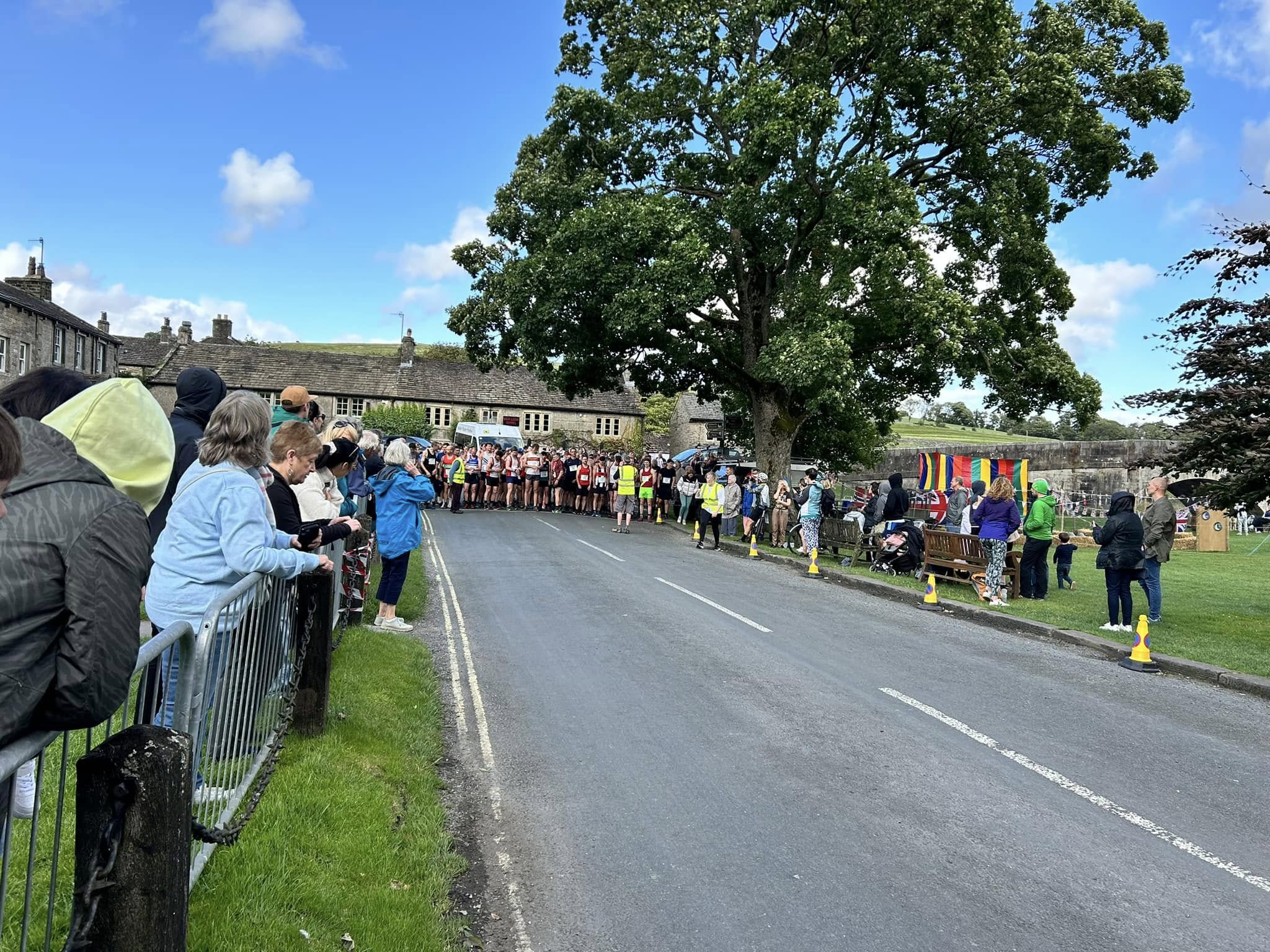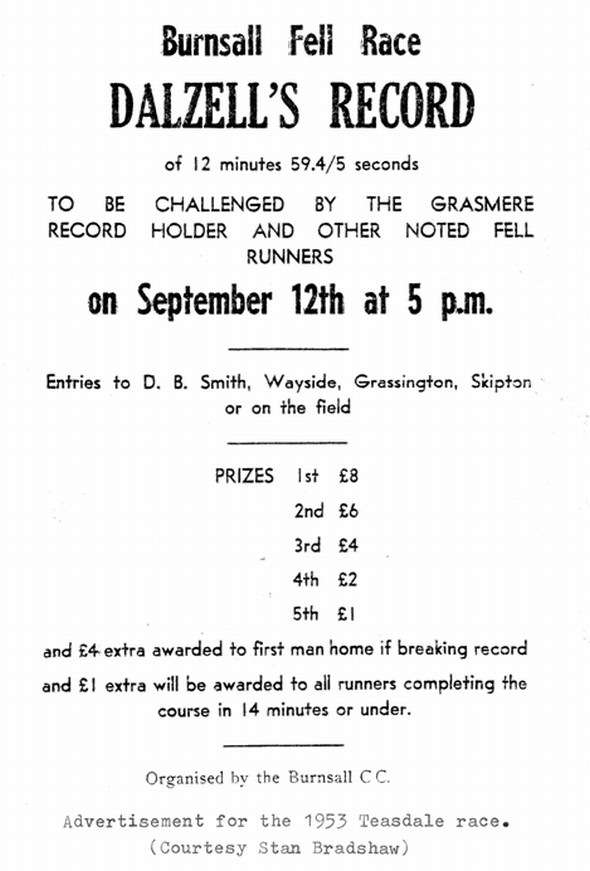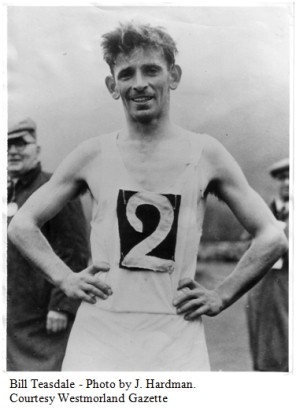Burnsall Sports
Burnsall Sports and Charities Day
Burnsall Feast Sports and Charities Day takes place on a Saturday in August. The sports date back hundreds of years and it is known that even prior to the Elizabethan period celebrations of some kind occurred on the Village Green to commemorate the Feast of St Wilfrid.
The Burnsall Classic is a fell race for everyone. Short at just 1.5 miles, it is simply a race to the top of the 386m Burnsall Fell and back. The fell race is also the highlight of the ancient Burnsall Feast Sports which since the 16th century have taken place on the village green alongside the River Wharfe in front of the Red Lion pub. Children’s sports, adult novelty races and a pet show makes this a fun and relaxed day out in the Dales. There is also a Duck Race, BBQ and cake stall to raise funds for St Wilfrid`s Church. Other charities are invited to attend to raise money for their different causes.
Dalzell’s Record
Official race records started in 1903, with the race catapulted to the headlines in 1910 following Ernest Dalzell’s legendary win in 12 minutes, 59.8 seconds in the ‘special race’ organised to test the authenticity of the existing record.
Fell running superstar, Bill Teasdale MBE attempted to break Dalzell’s record in 1953 in another special race, but television cameras and demands for pre-race interviews hampered his warm up, resulting in his winning time being just over a minute outside the record.
Ernest Dalzell was Lakeland’s champion guides racer prior to WW1, in which he was killed in action. Tommy Metcalfe, a rival from Hawes in Wensleydale, had completed a hat-trick of victories at Burnsall in1909, but his time of 14.23 the previous year had been 1.04 faster than his other two, giving rise to doubts about its authenticity. That year was Metcalfe’s outstanding season, however, and he had twice defeated Dalzell in Lakeland events and finished 2nd to him at Grasmere, after winning the Mile there.
A much slower time in poor conditions was posted in 1910 by Bob Thomas, Accrington, and it was afterwards decided to promote a special race on September 24, a month after the Sports, with £5 for the winner and £2.10.00 (£2.50) for runner-up. The event attracted eight entrants, including four from the Lake District, and conditions on the day were perfect.
Metcalfe was running more track races than fell races that year but was still anxious to see his record survive. He therefore made sure that his rivals were aware that he knew the best routes up and down the fell, hoping they would follow him. Taking the lead going up, he deliberately went off-course into rougher terrain, but Dalzell had decided to follow Thomas, who reached the cairn in 10:17.5, two seconds ahead.
Dalzell, a noted downhill specialist, now embarked on a typically suicidal descent. “It is impossible to describe the terrific pace at which Dalzell flung himself down the slope,” reported the Craven Herald, September 30. “He passed Thomas like a flash…” Other observers have variously reported: “Dalzell’s descent was hair-raising in the extreme… It was something inhuman for the man stayed in the air longer than nature intended… He was not running merely, or leaping, or sliding over treacherous ground. He was doing all three at once…”
His winning time of 12:59.8 was recorded by the official timekeeper on a £100 stopwatch, indicating that the descent had taken him only 2:42.3, with Thomas retaining 2nd place a few hundred yards adrift. However, a controversy now arose far greater than that which had surrounded Metcalfe’s 1908 time, and some folk insisted that the new record was actually 14 minutes, with the descent having taken 3:42.3. But Roger Ingham of Skipton, probably the foremost living authority on professional fell racing, has pointed out that a 3.42 descent would hardly have been much faster than average and would not have provoked such wonder and excitement among spectators who “swore by Dalzell’s record, and most said they had never seen anything like it in their lives.”
Bill Teasdale
The controversy continued to rage for many years and in 1932 the Sports’ fell race became an amateur event. In 1953, however, a second special race for professionals saw the great Bill Teasdale from Caldbeck, “back o’ Skidda’,” record the second fastest time of 14:07, though his performance would have been much more impressive had he not been prevented from having a proper warm-up by inconsiderate newspaper reporters.
The 1976 amateur race saw that year’s amateur champion, Martin Weeks of Bingley Harriers, come very close to the Dalzell Record only to unwittingly slow down approaching the finish to raise his arms in a victory salute and be timed in at 13.01.



